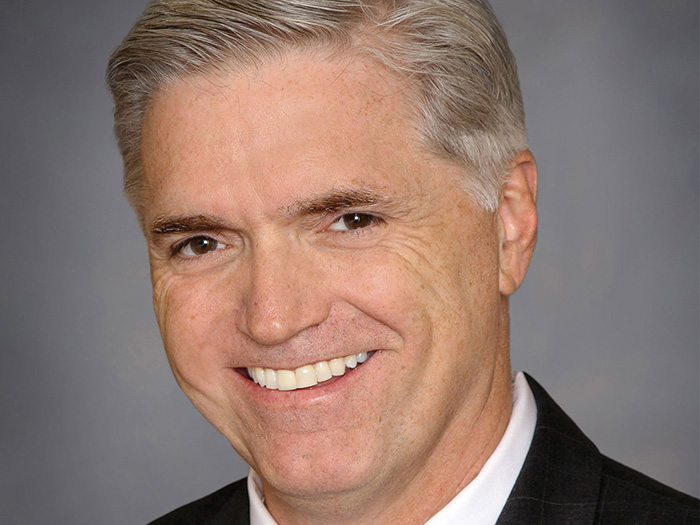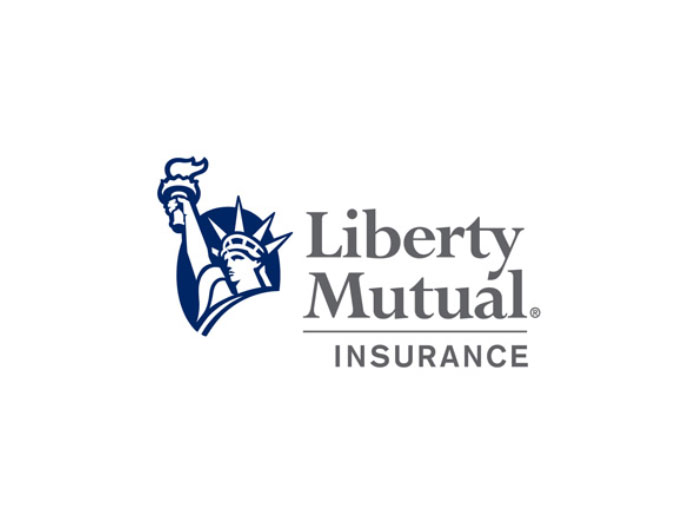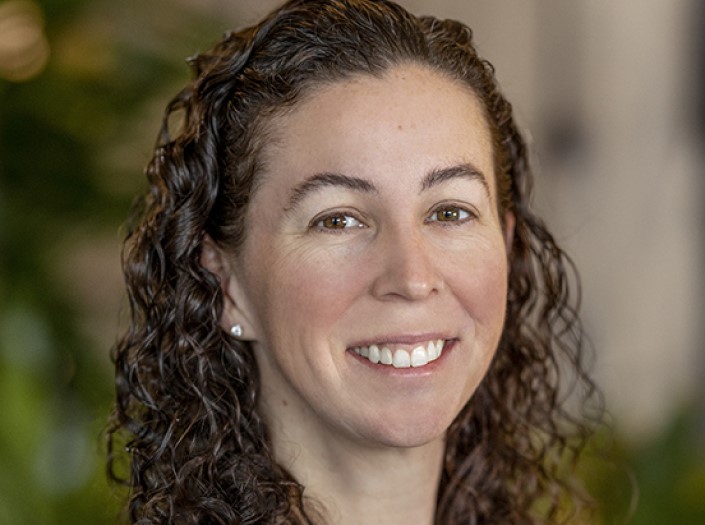How Innovative Tech MGAs Could Change the Insurance Landscape

Expanding insurance’s focus from detect and repair to Predict & Prevent comes with a challenge: Getting emerging technologies and strategies that mitigate risk and avoid losses into the hands of more customers.
Most personal and commercial lines customers don’t have the expertise to identify innovative technology and solutions that can prevent losses.
Even if they did, they might not have the budget to purchase such solutions without any assurances of a return on their investment — not only in the form of fewer losses but also in terms of risk-adjusted premiums.
One model being deployed by a number of tech innovators is forming a managing general agency (MGA) that blends insurance coverage with solutions and expertise to mitigate risk and prevent losses. MGAs are a type of wholesale broker that typically has underwriting authority from an insurer or reinsurer based on its specialized expertise at evaluating risks in a particular niche.
When that expertise includes gamechanging technology to prevent losses, it’s a win-win for insureds and insurers.
For insureds, there’s no need to weigh the merit and cost of risk management technology. It’s bundled with a policy and likely includes more favorable rates for using the risk mitigation technology. Buying insurance is also more familiar than purchasing cutting-edge IoT technology or AI-powered risk management software.
For insurers, the tech MGA provides policyholders with clear incentives to mitigate risk. Providing lower rates for users of a given technology is easier to do in the surplus lines market where MGAs operate than in the more tightly regulated admitted market.
For tech entrepreneurs, the MGA model provides an easier sale and brings the company a new sales force: retail insurance brokers. This model allows tech companies to focus on developing innovative solutions while leveraging the established distribution channels and customer relationships of the insurance industry.
Examples of tech startups that added MGA capabilities include Delos Insurance Solutions, which focuses on providing homeowners insurance with wildfire risk mitigation technology, and CompScience, which specializes in workers’ comp insurance combined with powerful workplace safety analytics.
“This combination is why we can provide insurance for low-risk homes in wildfire areas: because we know which homes are actually low-risk,” said Kevin Stein, CEO and cofounder of Delos. Stein said the specialist MGA structure is ideal for tackling complex and rapidly changing risks like cybersecurity and destructive wildfires.
Josh Butler, CEO of CompScience, views the combination of technology with insurance as “active insurance,” in which its risk management recommendations to clients are bringing down rates.
This shifts the conversation from having to sell the benefits of unbundled safety technology toward buying a better workers’ comp policy.
Repeatedly, we’ve seen that successful tech solutions figure out how to fit within existing insurance processes to gain greater adoption. The MGA model seems like an especially good way to bring innovative technology to a wider market.
To learn more about prediction and prevention, and to hear my conversations with Stein and Butler, subscribe to The Institutes’ Predict & Prevent™ podcast. We’ll continue to explore this approach alongside others to assess the opportunities it creates for risk management and insurance. &










